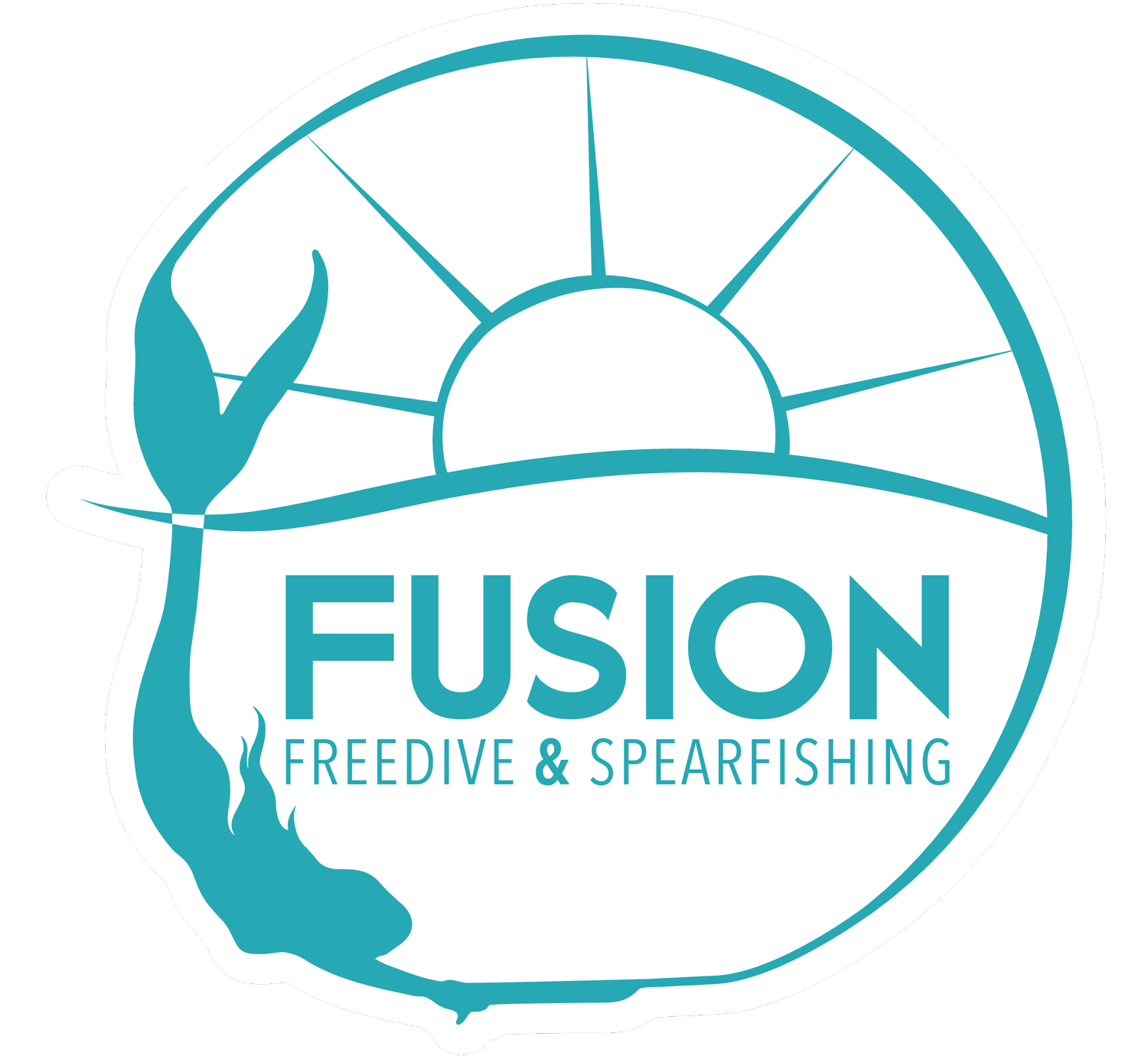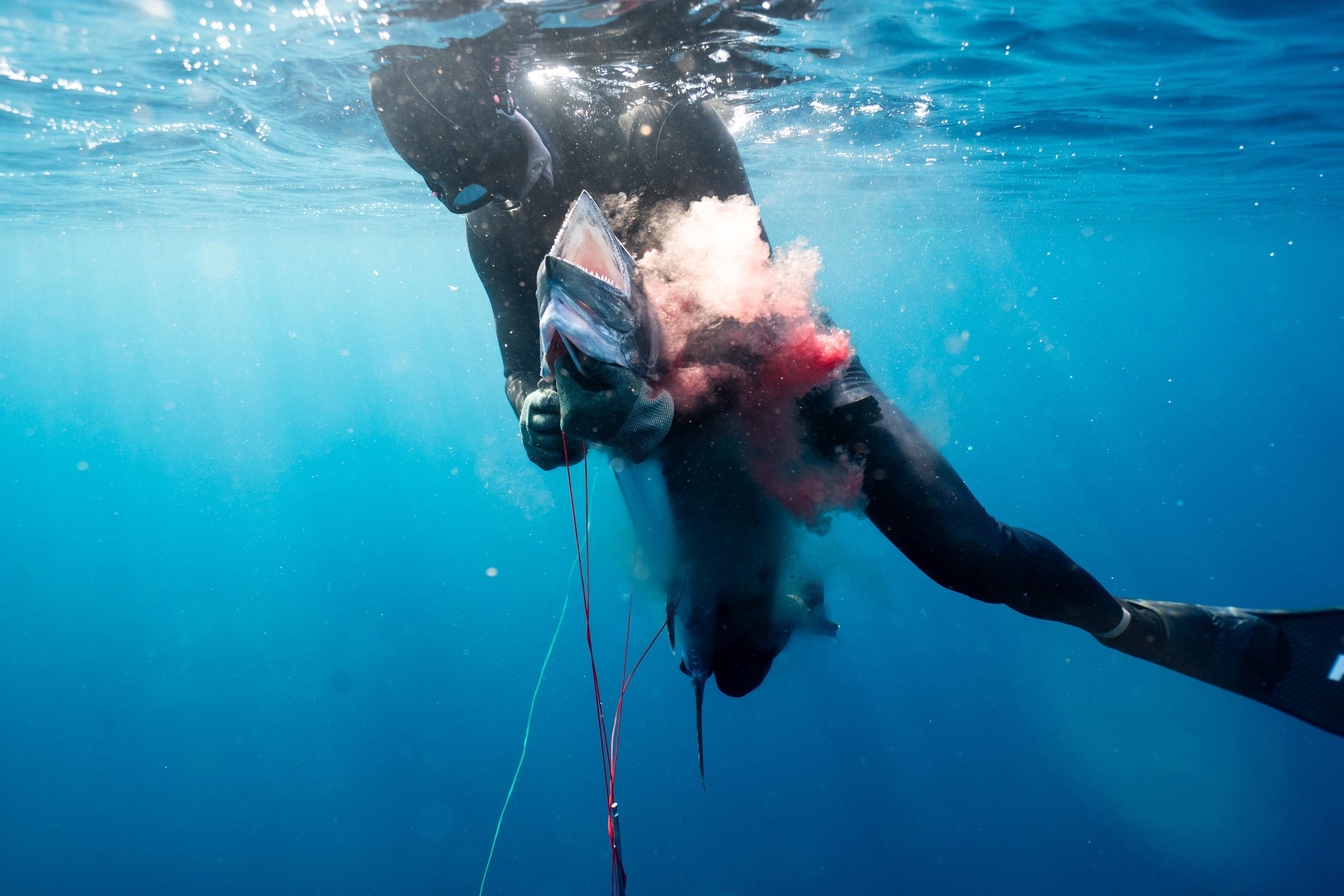The Debate: Should Spearfishing Be Licensed in Indonesia?
Indonesia, known for its vast marine biodiversity and crystal-clear waters, attracts spearfishers from around the globe. Bali, in particular, has become a popular destination for those eager to explore spearfishing in a vibrant, tropical environment. But as the sport grows in popularity, a question has emerged in conservation and fishing communities: should spearfishing in Indonesia be regulated with formal licenses?
This debate brings forward a range of perspectives, from marine conservationists concerned with the impact on marine ecosystems to local spearfishers who argue that their practices are sustainable and respectful of the ocean’s resources. Here, we’ll dive into the arguments on both sides and examine the pros and cons of requiring a license for spearfishing in Indonesia.
Why Spearfishing Is Popular in Indonesia
Indonesia, with over 17,000 islands, has some of the world’s richest marine biodiversity. Spearfishing in Bali is a particularly appealing activity, offering adventurous travelers a chance to experience the thrill of underwater hunting in a tropical paradise. Unlike fishing with nets or lines, spearfishing is often seen as more selective, giving spearfishers the ability to target specific species rather than catching indiscriminately. For many, this makes it an eco-friendlier alternative, as it can minimize bycatch—the accidental capture of non-target species.
The popularity of Bali spearfishing charters has grown, bringing visitors out to the pristine reefs and deep blue waters where fish are abundant. Spearfishing courses in Bali are also on the rise, teaching newcomers the skills they need to safely and responsibly participate in the sport. But as more tourists and locals alike take up spearfishing, the question of sustainability and regulation has become increasingly pressing.
The Case for Licensing Spearfishing in Indonesia
Supporters of licensing argue that without regulation, the impact of spearfishing on marine ecosystems could become unsustainable. Here are some of the key points made by advocates of licensing:
Conservation of Marine Life: Indonesia’s waters are home to a wide range of fish species, some of which are vulnerable to overfishing. By implementing a licensing system, the government could limit the number of spearfishers and ensure that only those with a proper understanding of marine conservation can participate. This could help protect vulnerable fish populations from being overharvested.
Promoting Sustainable Practices: A licensing requirement could set standards for sustainable spearfishing practices. For example, licensed spearfishers could be required to undergo training on identifying fish species that are safe to catch, respecting size and season limits, and avoiding endangered species. By regulating the sport, the government can ensure that only sustainable spearfishing practices are permitted.
Protection of Marine Habitats: Coral reefs, seagrass beds, and mangroves are essential habitats for many fish species, and they play a crucial role in the overall health of marine ecosystems. Unregulated spearfishing can sometimes lead to damage to these sensitive habitats, especially if divers are not trained in how to approach and move within these environments. A licensing system could require training on respecting marine habitats and avoiding practices that cause harm to these areas.
Creating Accountability: Licensing could create a formal record of individuals who participate in spearfishing, making it easier for authorities to monitor activities and enforce regulations. This could help reduce illegal practices, such as the use of scuba tanks for spearfishing, which is illegal in many parts of Indonesia but still occurs.
The Case Against Licensing Spearfishing
On the other hand, many spearfishers argue that requiring a license for the sport could be more restrictive than beneficial, especially for those who already practice spearfishing responsibly. Here are some of the main arguments made by those who oppose licensing:
Economic Impact on Local Communities: In many coastal communities, spearfishing is a traditional practice and an important source of income. By introducing licensing fees or requirements, the government may inadvertently impact these communities’ ability to continue their way of life. For many local spearfishers, additional costs or restrictions could make it difficult to continue fishing, especially if they rely on it as their primary means of livelihood.
Selective and Sustainable Nature of Spearfishing: Unlike other forms of fishing, spearfishing is highly selective, targeting only specific fish at a time. Many spearfishers argue that they already contribute to sustainability because their technique allows them to be mindful of what they catch. Unlike commercial fishing practices that result in large amounts of bycatch, spearfishers have control over which species they hunt. Opponents of licensing argue that spearfishing is inherently more sustainable and does not require regulation.
A One-Size-Fits-All Approach Doesn’t Work: Indonesia’s spearfishing community is diverse, with varying practices across regions. A licensing system that imposes the same rules across the board might not account for these differences. For example, practices that are sustainable in one region might not be in another. Some argue that instead of a blanket licensing requirement, there should be a more tailored approach that considers the unique conditions of different areas.
Potential for Bureaucracy and Corruption: Implementing a licensing system would require resources and oversight. There is concern that such a system could lead to bureaucracy and possibly corruption, making it harder for spearfishers to get the licenses they need. Critics worry that licensing could create a costly and inefficient system that might end up penalizing responsible spearfishers while failing to curb illegal practices.
Potential Middle Ground: Responsible Spearfishing Practices
While the debate continues, there are ways to encourage responsible spearfishing without introducing a formal licensing system. Many Bali spearfishing charters and spearfishing courses already prioritize eco-friendly practices, teaching participants how to hunt sustainably and respect marine life. These courses focus on responsible spearfishing techniques, such as targeting only non-endangered species and respecting minimum size limits. Fusion Freedive and Spearfishing in Bali, for example, offers a comprehensive spearfishing course in Bali that emphasizes sustainable hunting practices, including identifying safe-to-catch species and handling fish respectfully.
Some experts suggest that, rather than a mandatory licensing system, Indonesia could implement a voluntary certification program for spearfishers who want to demonstrate their commitment to sustainability. This could involve certification courses offered by licensed spearfishing schools, where participants learn about sustainable practices, species identification, and marine conservation. A voluntary certification could help promote responsible spearfishing without imposing restrictions on those who rely on the sport for their livelihood.
Conclusion: Finding Balance in the Licensing Debate
The question of whether spearfishing should be licensed in Indonesia is complex, with valid arguments on both sides. As the sport grows in popularity, the need for sustainable practices and conservation becomes more pressing. Licensing could provide a way to manage and protect Indonesia’s marine resources, but it also risks alienating local communities and those who practice spearfishing responsibly.
In the end, education may be the most effective solution. By promoting awareness of sustainable practices and encouraging eco-friendly techniques through initiatives like Bali spearfishing charters and responsible spearfishing courses, Indonesia can balance the interests of spearfishers and conservationists. Whether licensing becomes a reality or not, the future of spearfishing in Indonesia will likely depend on the efforts of individuals and organizations to protect marine ecosystems while preserving this unique and exhilarating sport.




